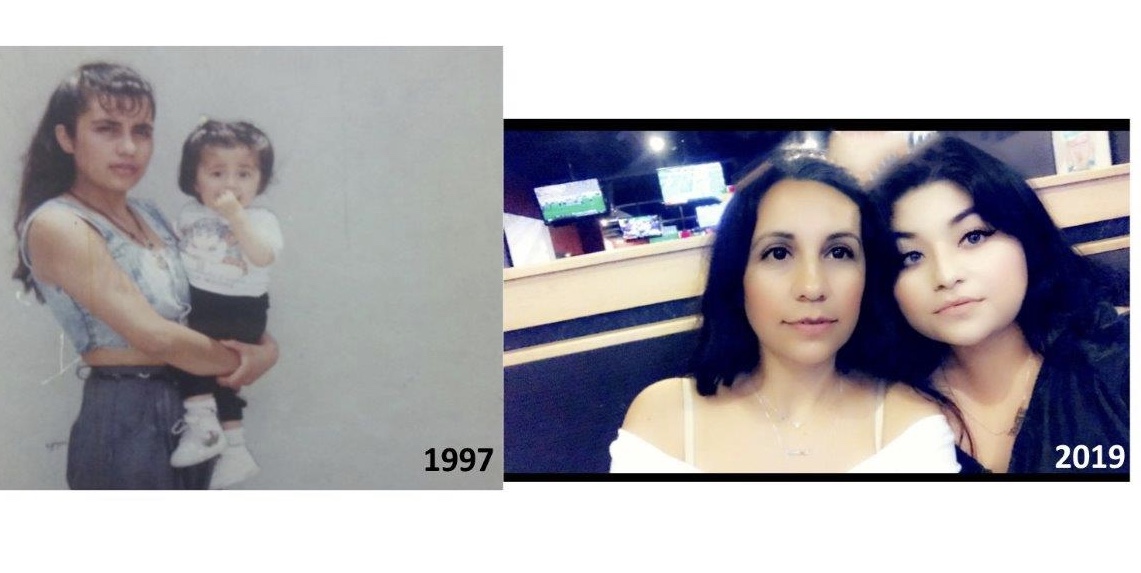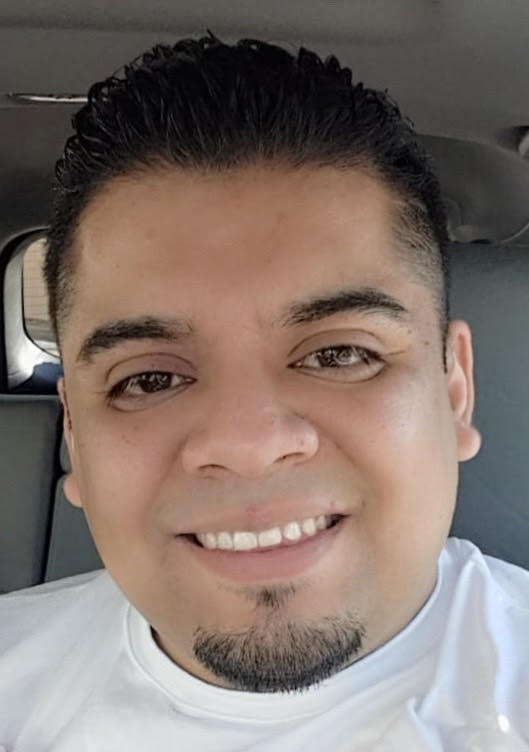
A Young DREAMer Helps Her Family Overcome The Language Barrier
Thais Laguna was born in the mid-90s in Mexico City, and her early life was spent growing up in the rougher parts of town. Her mother was young, unable to finish her education, and cut off from family—but she didn’t let that stop her, and Laguna notes that through it all, her mother continued to do what was best for her daughter.Everything started to change when Laguna was four years old, when her mother met the man who is now her step-father. His job required him to travel quite a bit, spending summers in the United States, and then returning to Mexico over the winter months.
While still dating, in June 1999, he asked Laguna’s mother if she wanted to immigrate with him to the United States, for a better life for both herself and her daughter. The rest, as the saying goes, is history.
“The United States could give us something Mexico couldn’t,” she says. “My father, because he’s in the middle class, was able to get a visa to come to this country legally. Unfortunately for my mom and I, because of the way immigration works — you need to have bank accounts and wealth to get a visa to come here — we just crossed the border. We ended up in Arizona, and when my stepdad got his residency, my mother eventually got her visa as well. I was a child, so I’m under the DREAM act.”
They weren’t in Arizona for long, moving to New York before the end of the year, as that was where her eventual stepfather lived at the time. And that was where she put down roots and became an American success story.
“Because I was very young, I was definitely able to adapt to what is considered the American way of life,” says Laguna. “I was basically raised American — English in the streets, and Spanish at home. There has actually been more learning required on my end to embrace my Mexican heritage.”
Perhaps the biggest challenge, she notes, was the lack of the family support structure that the Mexican culture is built around. There were no relatives around to give her advice, celebrate milestones with, or gain strength from during difficult times. “I didn’t know my cousins or aunts or uncles, it was just us,” Laguna says.
Eventually, she gained two siblings, but as the eldest, who started her schooling in the United States and speaks fluent English, she had to take on the role of translating for her parents, becoming a link at an early age for her mother and the rest of the world.
“I had to take on the role of translator,” she notes, “I stepped up in that with my sisters in the school system, translating what the teachers wanted, and trying to adapt and help. I also had to stay level-headed when others got frustrated when I had to translate what my mom wanted to say because of the language barrier.”
She also notes that before the DREAM act went into effect, she struggled watching her friends begin to take their first steps into adulthood with driver’s licenses and cars, opening doors to opportunities she didn’t have access to. “It made me stronger, just hoping one day the American government would change that,” Laguna notes. “We aren’t criminals, we were going to school and trying hard. So when the DREAM act passed, that was the highest point of my life. I was so happy to have an opportunity to work, after crying and being so frustrated with the world.”
It continues to be a struggle, especially in day’s political climate. “I think in English, not Spanish,” she says. “It would be so hard if I were forced to go back. I speak Spanish, but my language is English. It’s how I explain myself.”
But her experiences thus far have taught her to be strong, and to face whatever challenges come her way with her head held high. “As a Mexican family in this country we have learned more than one that has always been here,” she says. “We can conquer anything — any discrimination — by keeping it together. It makes us stronger than ever. We have to go through something hard, and we’re still here, so that’s a positive.”
As she looks toward the future, she has big dreams. While the recent law allowing immigrants to get student loans passed too late for her, she still believes that hard work will take her far in life. “Right now I’m an administrative assistant, but even though I don’t have an education background, they have seen how much I’ve grown as a person even just at 24 years old. I hope to work my way up and give back to my parents.”

